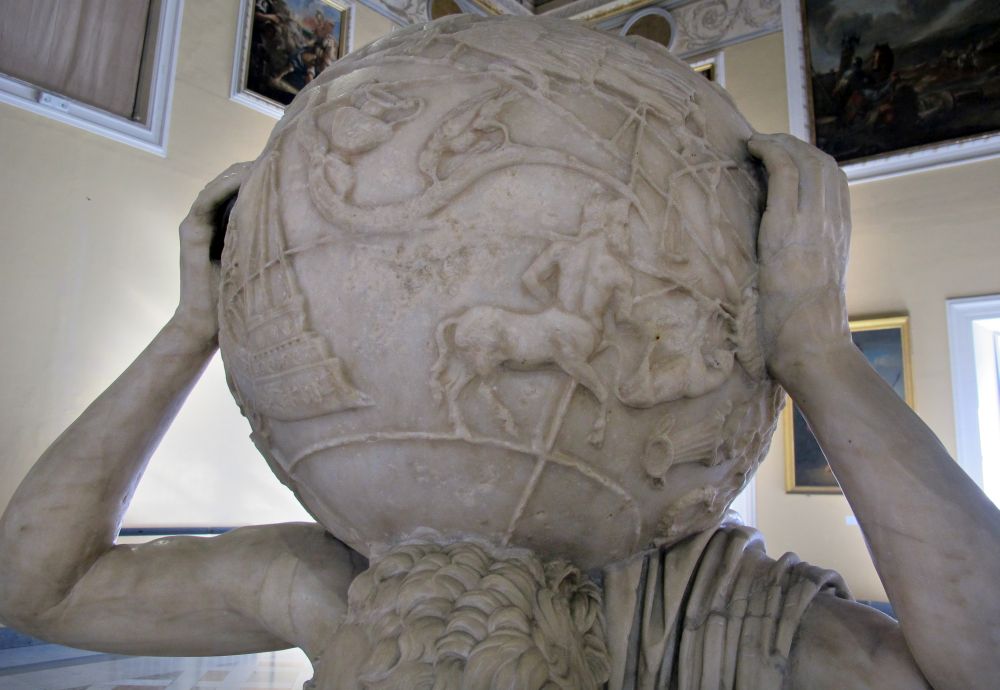POLITHEOR
European Policy Network
Latest Posts
- Home
- Latest Posts

On the way to trade justice in the EU?1
- International Trade, Op-ed
- 07/09/2016
With the political and social challenges currently faced by the EU, as well as the threats of disintegration, it is essential to re-access the existing structures from several angles, namely its trade policy. One of the largest free trade agreements – TTIP is hotly under debate and CETA has been approved by the EU parliament. But should these be the fundamental and primary focus of the EU in this field for a healthy future of the Union and its citizens? Wouldn’t it be more important to, instead of aiming towards big free trade agreements, focus first on how trade is done: its sustainability, development, justice and fairness?
READ MORE
The Refugee Crisis and EU integration: The Need for a Fine Balancing Act1
The ongoing refugee crisis in Europe is threatening to unravel the very fabric of EU integration. It played a decisive role in determining the outcome of the ‘Brexit’ vote, and has sown the seeds of discord across the EU. To prevent further disintegration, the Union must develop a coherent and comprehensive migrant integration policy, and because it must do this amidst a strained political-economic climate, this will need to be a fine balancing act.
READ MORE

Ain’t no Atlas strong enough to support the Italian banking system on its shoulders0
- Financial Policy and International Markets, Op-ed
- 05/09/2016
As a whole, Italian banks have non-performing loans (NPL) worth 198bn euros. Add in so-called “sofferenze”, i.e. debt at risk of non payment, and the total amount rises to 360bn euros. The Italian government has strong-armed the banks into setting up a fund – called “Atlante” – that will act as a backstop for banks that are trying to raise capital and cannot find buyers for their new share issues. Unlike the myth it echoes though, Atlante is not strong enough. And, with Mr Renzi, Italy’s PM, putting his legitimacy at stake with the referendum coming up in October, the government might not have the ability and time to do anything better.
READ MORE
Coral Conundrum: the ignored victim of the South China Sea2
- Environment and Energy, Op-ed
- 05/09/2016
The arbitral tribunal under the United Nations Convention on the Law of the Sea (UNCLOS) recently ruled overwhelmingly in favor of the Philippines in its case against China’s maritime claims in the South China Sea. After a month, however, the contested waters of Southeast Asia remain mired in military tensions, with little attention given to the “voiceless victims” for which the stakes are higher: the coral reef ecosystems – and the people whose living rely on them.
READ MORE
Europe of concentric circles… or divergent values0
- EU Governance and Politics, Op-ed
- 02/09/2016
The elephant in the room is now too big to be ignored and too obvious to be buried in mumblings.
READ MORE






